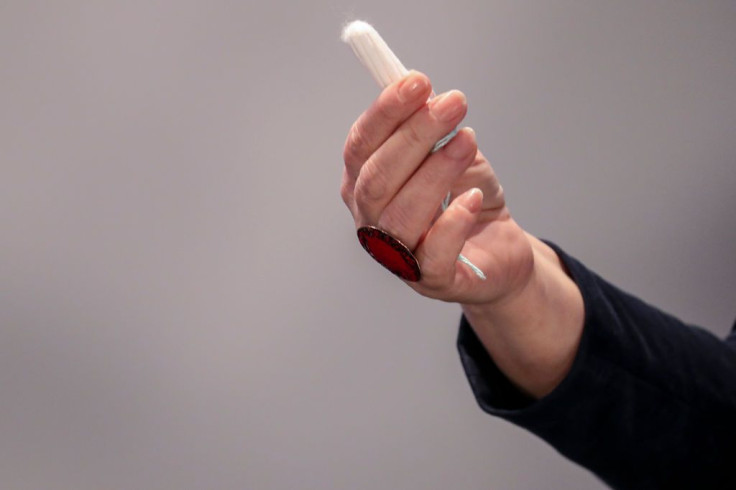Harmful 'Forever Chemicals' Detected In Menstrual Products, Raising Health And Environmental Concerns

Several commonly used menstrual products including pads, tampons, menstrual cups and period underwear have recently faced scrutiny for containing "forever chemicals," sparking concerns for both health and the environment.
The key culprit has been ascertained to be fluorinated compounds, which serve as indicators for the presence of potentially harmful per- and poly-fluoroalkyl substances (PFAS). PFAS are water- or grease-resistant components that are sneakily used in personal care products without any mention on the packaging.
PFAS consists of more than 12,000 compounds that can resist water and prevent sticking. These compounds are persistent in both the environment and the human body, as they do not readily break down and instead build up over time.
The findings are attributed to a study presented at a meeting of the American Chemical Society in San Francisco. Researchers examined a broad spectrum of products, including single-use and reusable items, yet they still lack clarity regarding the amount of PFAS likely to permeate the skin from these products, UPI reported.
"Of course, you're concerned for the wearer, but we're also concerned about the ecological impact because PFAS are 'forever chemicals," principal investigator Graham Peaslee, a professor of physics at the University of Notre Dame, said in a news release.
"Once these products are thrown away, they go to landfills and decay, releasing PFAS into groundwater," he said. "And we, or later generations, could end up inadvertently ingesting them."
"Our first step was a screening that's done quickly and simply," said Alyssa Wicks, a graduate student in Peaslee's lab. "We determined if these products had organic fluorine as a surrogate for PFAS."
Researchers used a special method to check different products by cutting out small pieces. They looked at products with many layers, like pads and period underwear with up to 10 layers, testing each layer separately. They also checked the packaging of single-use products for a certain chemical. The study showed that some products might have PFAS, but not all of them.
"In general, tampons didn't seem to contain fluorine," Wicks said in the release. "Same with menstrual cups and the layers of pads that come in contact with a person's skin."
The study discovered notable instances where certain products exhibited elevated levels of total fluorine, ranging from 1,000 to several thousand parts per million. One potential explanation put forth is the utilization of PFAS in product wrappers to safeguard against moisture infiltration, thereby maintaining the dryness of the contents. This concept might extend to the application of these compounds on the external layer of period underwear, serving the purpose of leak prevention.
The researchers carefully studied 123 products from the United States. They plan to analyze the samples with detectable fluorine levels more deeply, looking at 40 different PFAS compounds. They also intend to expand their investigation to include period products sold in Europe.



























